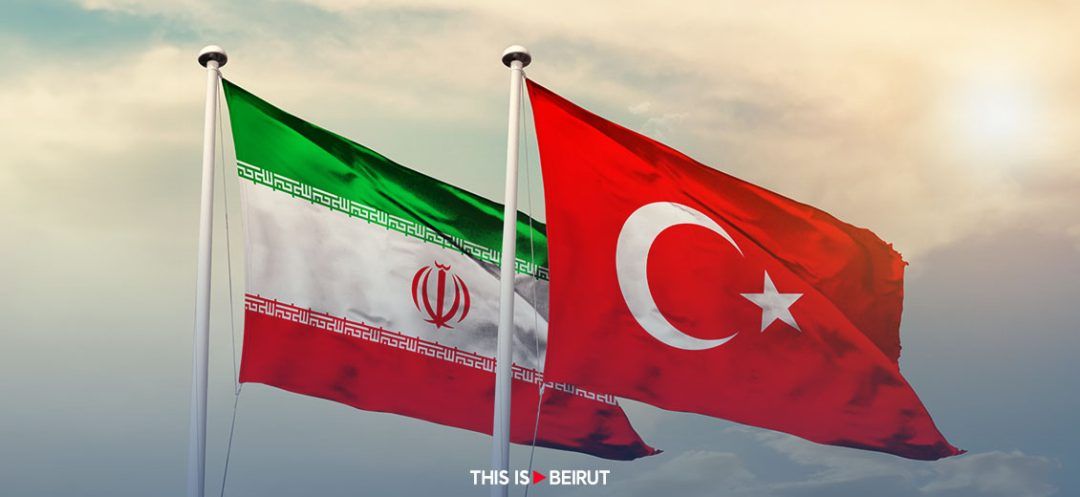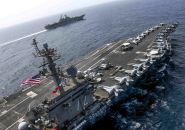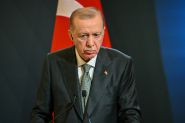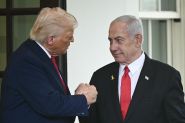- Home
- Middle East
- Turkey and Iran: No to Regional War

Some are putting forward the fact that both Iran and Turkey are wary of any escalation in the Gaza conflict that could spiral into a full-blown regional war, given its potential international fallouts. Despite their divergent interests, these key regional stakeholders are on the same page regarding preventing such an escalation.
As Turkey remains steadfastly opposed to any involvement in the conflict or even hinting at a potential escalation, Iran's stance is moving in this direction, especially following Tehran's unprecedented military strike against Israel on the night of April 13–14, 2024.
Even though Tehran has deviated from its longstanding policy — established since the 1979 Islamic Revolution — of avoiding confrontation with Israel in favor of "proxy confrontations" through regional allies, many observers believe that due to many factors, Iran's military retaliation hasn’t led to major political ramifications.
The fierce Iranian missile and artillery attack lacked the (perhaps intentional) essential element of surprise, whether through the political and media buildup preceding the operation — allowing Israel and the international community to pre-empt the response — or the considerable geographical distance that afforded ample time for Israeli (supported by Americans and British) military and logistical preparations, resulting in the interception of the vast majority of Iranian missiles. These factors stripped the response of its military substance, not to mention Iran’s ever-first targeting of Israel, as previously mentioned. Yet, this falls short politically as Tehran and the United States share a common position, be it openly or tacitly: their commitment to avoid inciting a "major war" that would simultaneously unleash multiple fronts, potentially altering the balance of power.
Today, everyone is in favor of a de-escalation, except perhaps Israel, which has failed to achieve its objectives outlined in Gaza despite all the destruction and killing. The kidnapped soldiers remain in captivity, some of whom were killed during Israeli airstrikes, while Hamas is ever-present. Consequently, Israeli Prime Minister Benjamin Netanyahu might see the expansion of the war as the sole viable means to remedy this domestic mess.
While Iran's partial military operation hints at a reluctance to escalate the conflict, Turkey has not taken any concrete steps to suggest otherwise. However, in 2010, the Israeli attack on the Turkish ship “Mavi Marmara” resulted in an extensive and intense Turkish political and military escalation. Back then, the ship’s objective was to break the blockade on Gaza, leading to the deaths of several Turkish activists onboard. Of course, Turkish President Recep Tayyip Erdogan hasn't held back in harshly denouncing Israel's ongoing military operation in Gaza over the past seven months. However, he has refrained from taking any overtly escalatory political or military actions, likely mindful of Turkey's regional interests and its international relationships, which it aims to safeguard and promote.
Just like Iran and Turkey, the Arab countries’ positions are influenced by their vested interests, which often do not align with the Palestinian cause, which has long been the central and primary issue for the Arabs, albeit to no avail.
The Middle East is indeed at a boiling point, but despite teetering on the brink of catastrophe, the situation falls short of a full-blown explosion, which is in the best interest of the region and its population.
Read more




Comments